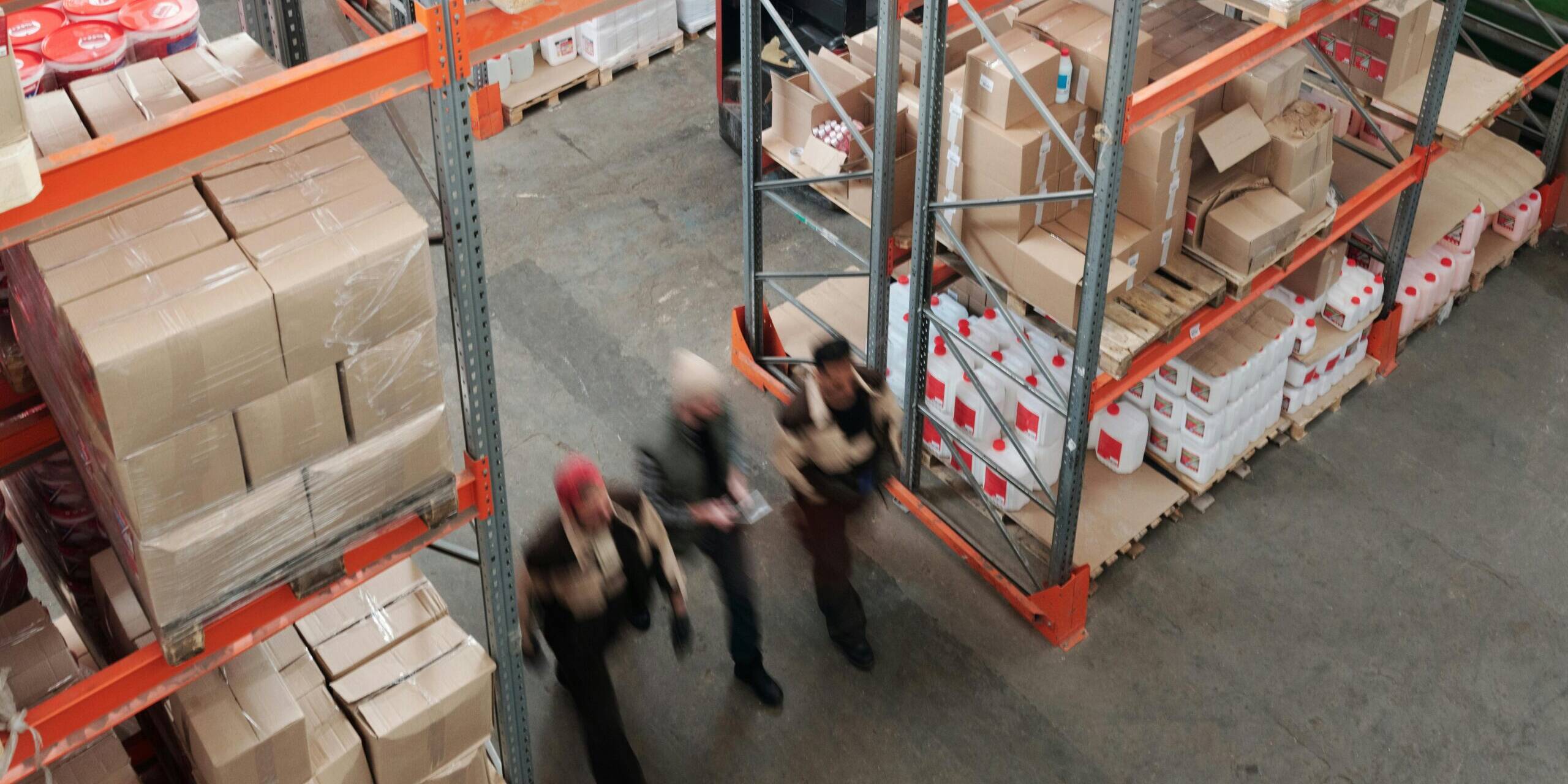Brexit effect on UK exports: 68% drop
January 2021 represents a real blow to British exports to EU states: at least as regards maritime trade, the data, which are decidedly serious, show a contraction of 68% compared to the same month of 2020. A real disaster due, moreover, to a powerful regime of administrative controls faced with a guilty unpreparedness by British governance. January represented, in fact, the first real test of Brexit from the point of view of exports being, precisely, the first month after the end of the post-split transition period and after the agreement for the free exchange snatched in extremis in Brussels on Christmas Eve, with the aim of preventing an announced disaster.
The Johnson government is accused
As reported by Ansa, in a letter sent to Minister Michael Gove, in charge of the post-Brexit dossier, and leaked on the Observer, on Sunday by the progressive Guardian, the RHA accuses the Johnson government. of having underestimated the situation, ignoring the alarms on potential incoming hitches launched "in time" by the operators. The Rha alarm, however, does not stop at this: the worst for England could in fact come in July, the month in which the "buffer" period for the entry into force of the new, strict entry controls for importers will expire. .
Not just exports: obstacle trade brings the economy to its knees
However, it is not only exports that are in the sights of Rha: in fact, other problems are also looming on the horizon. Approximately 70% of trucks and various vehicles arriving from the countries apparently return half-empty due to the temporary blocking of some goods traditionally directed to Great Britain. The controversy, Ansa underlines, is added to that of other categories, such as fishermen and traders of fish products (Scottish in particular) to whom the transition to the post-Brexit 'obstacle' trading model has caused heavy losses on the vital European market. Any delay is in fact fatal to goods, as in this case, which are rapidly perishable. While the number one of the British Ports Association, Richard Ballantyne, says he considers the data provided by the Rha "roughly" sensible, called into question by the Observer himself, a spokesperson for Gove, on the other hand, dismisses as unreliable the reference to minus 68% of the export port and says he "does not recognize the impact of this figure". A real war within the war, therefore, even within Great Britain itself; a war whose outcomes will surely come out in the coming months with verdicts that, in one sense or another, will certainly be representative of the current European situation which, moreover, faces a Covid emergency whose end still seems distant.




